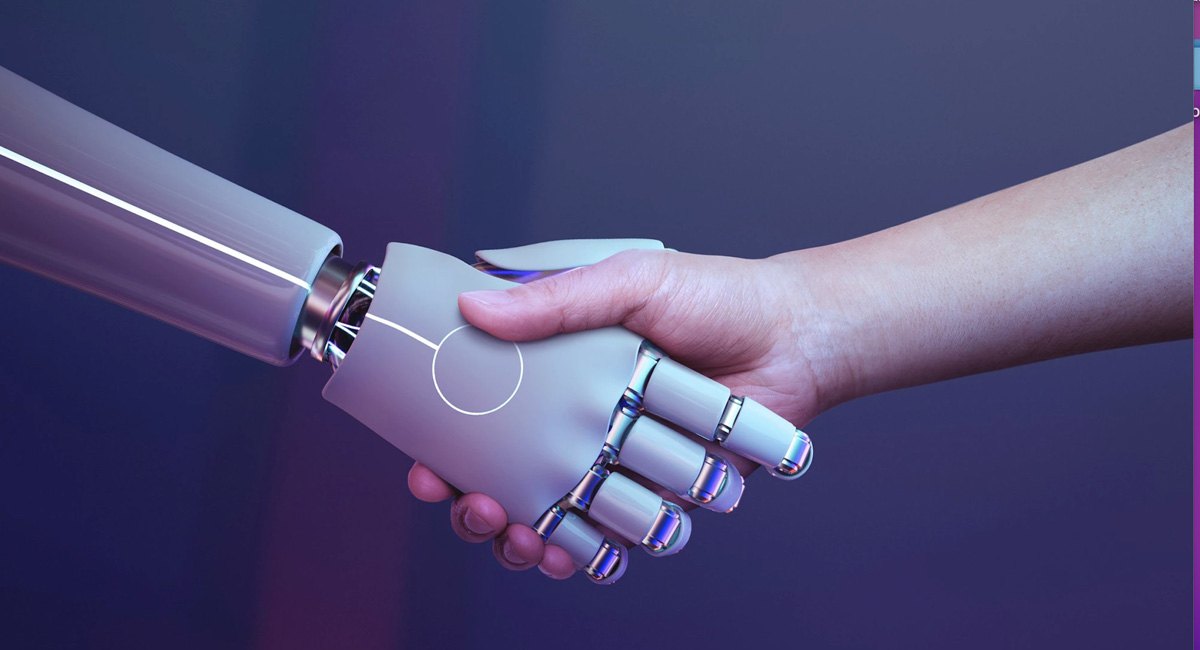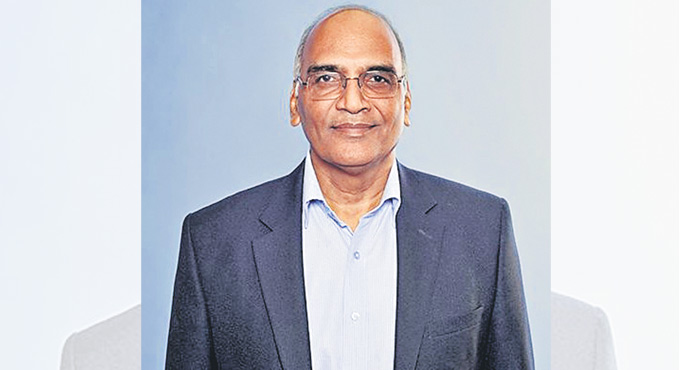Opinion: DIY biohacking movement
We must question ethical limits of biohacking, ensuring that progress is not just rapid but responsible

By Viiveck Verma
To lay the bare truth, the possibility of your neighbour brewing kombucha in his garage, and also editing his genes isn’t just plausible — it’s already a living reality. From casual bio-enthusiasts implanting chips in their hands to backyard scientists tinkering with CRISPR, we are now at the onset of a disruptive frontier. The line between human and machine, experimenter and subject, is blurring faster than we can comprehend. Biohacking is not now limited to tech-savvy rebels, it is an experiment on human evolution itself.
Whether we are ready to face the music or not, biohacking is already at our doorstep. While biohacking promises astonishing potential for betterment, the ethical ramifications are far-reaching. It is the decentralisation of biological enhancement and experimentation, and while that could be seen as democratisation at its best, it may even be a tricky slope to opening a Pandora’s box.
Accessible Craft
DIY biohacking is now an accessible craft, to curious individuals with a laptop, a few affordable tools and a desire to test the limitations of the human body. Interventions can be as simple as diet optimisations and wearable gadgets that can fit one’s daily routines, or even neural implants and CRISPR kits. Simply put, biohacking can involve small, incremental changes in lifestyle and nutrition. For instance, combining nootropics with regular diets or experimenting with intermittent fasting and ketogenic diets to sharpen mental clarity or improve metabolic health is a popular form of biohacking. Some other forms are more data-driven, like tracking sleep cycles, hormone levels and heart rate variability with wearable devices to scientifically fine-tune our minds and bodies for peak performance.
More ambitious biohackers explore biological interventions like CRISPR Genome Editing kits, which are available for home use, to manipulate genes in bacteria and yeast, casually in their kitchens, prepping for a future with gene-editing experiments on human cells. Biohacking is also achieved with specialised tools now. Implantable devices like RFID chips and magnet implants allow one to interact with technology to unlock additional sensory experiences like feeling electromagnetic fields.
Part of Routines
But within the realm of all things DIY, some achievable biohacking forms can be made a part of our daily routines. Nutritional biohacking is perhaps the most accessible form of biohacking. It includes experimenting with specific diets, vitamins, gut microbiome optimisation through probiotics and supplements aimed at boosting energy, improving cognitive function or enhancing physical performance.
People often engage in nutritional biohacking of some sort or another under the garb of fitness. Fitness trackers, sleep monitors and glucose monitors are effective tools to biohack your lifestyle and adjust one’s habits. Cold Exposure & Red-Light Therapy have recently gained popularity in biohacking communities. Aimed to stimulate cellular repair, cold plunges or cold showers are believed to promote fat burning and increase resilience, while red light therapy is said to improve muscle recovery, thus both are popular among sportspersons and fitness geeks.
There must be a push for self-regulation, community oversight, and open channels between biohackers and professionals in scientific and medical fields
These DIY biohacking applications offer a range of benefits, many of which can be positively transformative over time. These practices are well within reach of the average person and offer accessible means of self-improvement. Once you begin, you find yourself among biohacking communities, offering an ethos of empowerment and encouragement to take control of your health and biology in ways that formal medical systems might not prioritise.
Key Pitfall
One of the key pitfalls of this democratisation of the biohacking movement is the issue of safety. Many forms of biohacking, particularly those involving nutritional supplements or genetic manipulation, often lack thorough scientific backing, and there may be side effects with improper use and technique. Nootropics, for example, are often sold without a clear understanding of long-term effects. This problem is exponential with more complex forms of biohacking such as gene editing and implantable technology.
Further complicating the ethical landscape is the question of autonomy and regulation. Should individuals have the right to experiment on their own bodies, no matter the risk? And does the self-experimenting, as an essence of biohacking, have ramifications on the larger society too? Can biohacking technology like gene editing, if practised at home, have unintentional effects on human health that may be heritable, affecting future generations in unforeseen ways? And all of this remains a grey area more so with a lack of a governing body or a source of guidelines on biohacking.
Right Knowledge
Navigating the future of DIY biohacking will require some homework. While the movement thrives on decentralisation and freedom, there must be a push for self-regulation, community oversight, and open channels between biohackers and professionals in the scientific and medical fields. For individuals delving into it, education is key. Aspiring biohackers must be equipped with the right knowledge, and online forums and biohacker communities should share best practices and peer-reviewed findings that prioritise long-term health and safety over short-term results.
The DIY biohacking movement represents a thrilling convergence of science, personal empowerment and the quest for human enhancement. It has the potential to revolutionise health, cognition and longevity. But it also carries significant risks. As we move forward, we must ask hard questions about the ethical limits of biohacking, ensuring that progress is not just rapid but responsible. For, in this bold new world, this frontier is not just for the human body, it is for the human spirit, its spirit of inquiry and a pursuit of constant betterment. Frameworks on biohacking developed now are bound to affect generations to come.

(The author is founder & CEO, Upsurge Global, co-founder, Global Carbon Warriors, and Adjunct Professor, EThames College)
Related News
-
Cartoon Today on December 25, 2024
7 hours ago -
Sandhya Theatre stampede case: Allu Arjun questioned for 3 hours by Chikkadpallly police
8 hours ago -
Telangana: TRSMA pitches for 15% school fee hike and Right to Fee Collection Act
8 hours ago -
Former Home Secretary Ajay Kumar Bhalla appointed Manipur Governor, Kerala Governor shifted to Bihar
8 hours ago -
Hyderabad: Organs of 74-year-old man donated as part of Jeevandan
8 hours ago -
Opinion: The China factor in India-Nepal relations
9 hours ago -
Editorial: Modi’s Kuwait outreach
9 hours ago -
Telangana HC suspends orders against KCR and Harish Rao
9 hours ago




